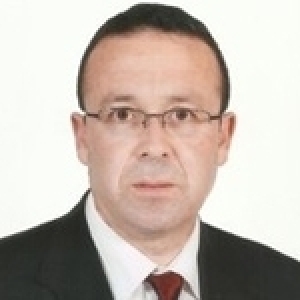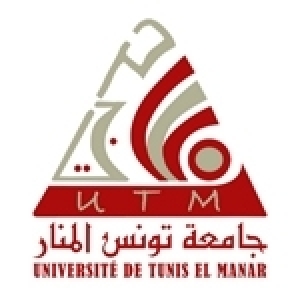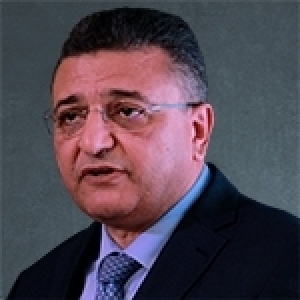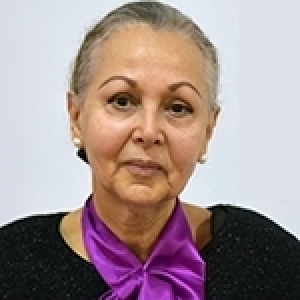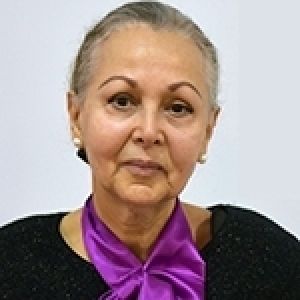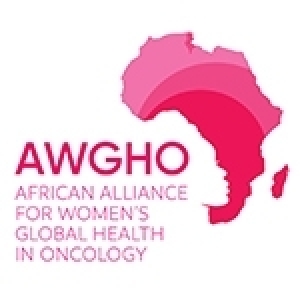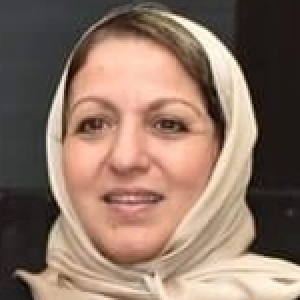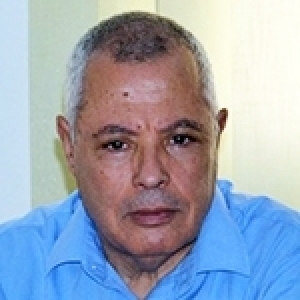IFAC and the Opportunities for Emerging Countries
All countries face serious, and in some cases, unique challenges as a result of the current economic environment. Tunisia is certainly no different. Economic growth will likely slow to less than 3% year on year in 2009, dampened by the recession in France and Italy, Tunisia‘s major export destinations. Textiles, auto parts and tourism are the sectors that will likely see the most pronounced slump in growth.
But in the midst of these uncertain times, opportunities do exist for renewed innovation and growth. So what should we be focused on to take advantage of these opportunities?
A. We need people and innovation and an economic environment that encourages them to strike out with their ideas.
B. But ideas can’t exist in a vacuum. There must be a financial infrastructure, with systems that offer assurance:
- To investors, to show that there’s really a business.
- To business partners, to prove that they will get paid for the supplies and components they’ve added.
- To employees, to assure them that their jobs will be there tomorrow.
II. IFAC’s Role in the Global Financial System
It is in this realm of financial infrastructure that IFAC plays its greatest role.
A. High standards. IFAC sets high-quality standards in international auditing, education, ethics, and public sector accounting that proffer transparency, consistency and quality in financial reporting and auditing.
B. Raise our voices. We make our voices heard on the way international standards and regulations are written, so that the end-product says what it means—is understandable and represents the interests of businesses as well as of the people.
C. Express ourselves clearly. And, yes, we also believe in clarity: The recent Clarity Project of the International Auditing and Assurance Standards Board (IAASB) was our comprehensively review all of our International Standards on Auditing (ISAs) and International Standards on Quality Control (ISQCs) to improve their clarity and, thereby, their consistent application.
D. Facilitator and driver of adoption and implementation. Another of our strong suits—which will be called upon in the years ahead—is that of facilitator and driver of first-rate adoption and implementation of standards.
III. A Single Set of Standards
A. Implementing global standards. The implementation of a single set of high-quality global standards for auditing and ethics, which accountants everywhere follow, is necessary to support the global financial systems and create a level playing field around the world.
B. Broad benefits. Regulators worldwide recognize this—because global standards benefit investors, public and private entities of all sizes, and the accountancy profession.
C. De we need convergence? You may ask whether the developing world needs to be part of this convergence to international standards?. The question should be: Can the nations of Africa and other emerging markets afford not to be part of this convergence?
IV. The Global Significance of SMEs and Micro-entities
A new generation of businesses are enjoying economic growth despite the broader global economic slowdown and declines in commodity and oil prices that have hurt many resource-exporting African countries.
A. The International Monetary Fund estimates average growth in the region of 2.6% in 2009 and 3.6% in 2010, down somewhat from the prior two years, but still growing.
B. Small and medium enterprises, as well as micro-entities, are incubators for growth in both developed and developing countries. In most countries, they account for 40-70% of private sector revenues and a similar percentage of employment. They create more new jobs than larger, more mature companies, and they are far more innovative in bringing new products to market and creating entirely new markets, especially in consumer goods and technology.
C. SMEs face unique challenges that are more acute in times of crisis: the ability to obtain capital and credit, the challenge to meet the rising costs of fuel, supplies, and other factors of production, and the ability to cost effectively meet regulatory and compliance requirements to name a few.
D. We at IFAC are very sensitive to the needs of small and midsize businesses, because we understand how important they are to job creation, wealth creation and, in general, bringing the world’s economy back from the brink. IFAC initiatives need to embrace these critical economic engines of growth and prosperity, called SMEs and micro-entities, even more closely by having a balanced approach to encouraging profitability, growth, and development on the one hand, and accountability and appropriate compliance to rules and regulations on the other.
E. New regulatory proposals need to consider the needs of all small businesses, including micro-entities, to ensure that unnecessary or unintended financial and other burdens are not placed on them. For example, consideration needs to be given to their capacity to meet new standards, as well as the appropriateness of these standards to this sector.
VI. Building a strong accountancy profession
- All of these efforts demand the involvement of a strong accountancy profession. IFAC contributes to development of strong professional accountancy bodies through our work and tools that help build strong professionalism, ethics, expertise – and provide confidence to investors.
- Having a high-quality accounting and auditing profession is a small but not unimportant part of every developing economy. It can be a bulwark against fraud and corruption, and it can be a significant resource to entrepreneurs, financial institutions, and public institutions.
So its in this context that IFAC supports the work of OECT and your efforts here today to analyze, debate and discuss the opportunities that can emerge from the economic crisis. IFAC congratulates the OECT for organizing this important event and sends it best wishes for a great success to all participants and distinguished guests.
Jelil Bouraoui, IFAC Board Member
Deputy Chair of Developing Nations Committee
International Federation of Accountants
(*) Adress to the OECT 11th International Congress, Tunis, Tunisia, June 25th 2009
- Ecrire un commentaire
- Commenter

Woaw!impressed as I guess this is the first emglish artcile on leaders if I am not mistaken)...we need this type of lecture, as i guess like me people from abroad read frequently your articles and are eaguer to see that we can write in other language than french...thank you

Dear Jelil, Who we beleive you, or the government who is telling us evry thing is under control, and in the same time work forces is under daily stress for fear to be out.Any way I beleive your opinion is near the reality ans as former economic editor and retired freelance reporter we thank you for your opinion. Many thanks

